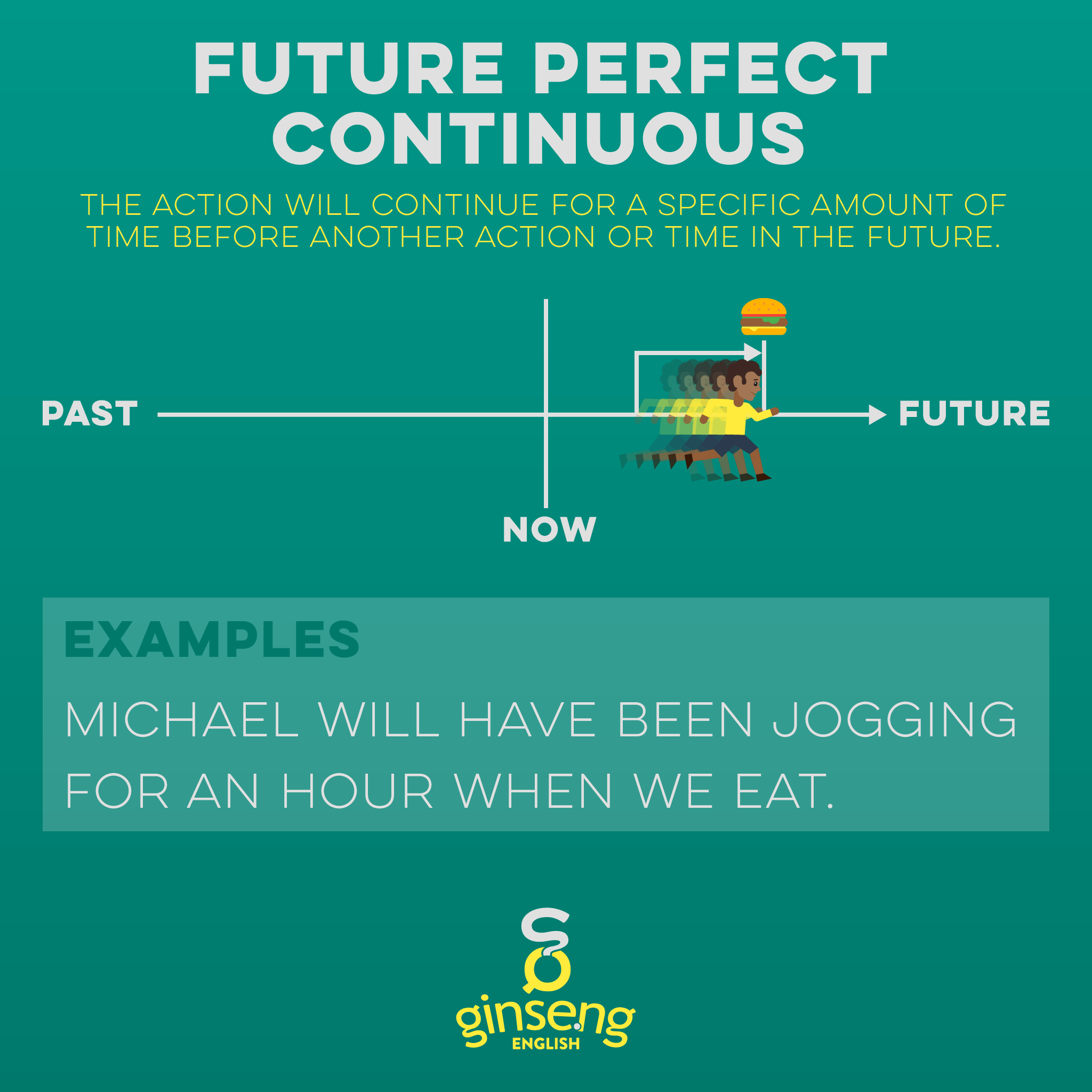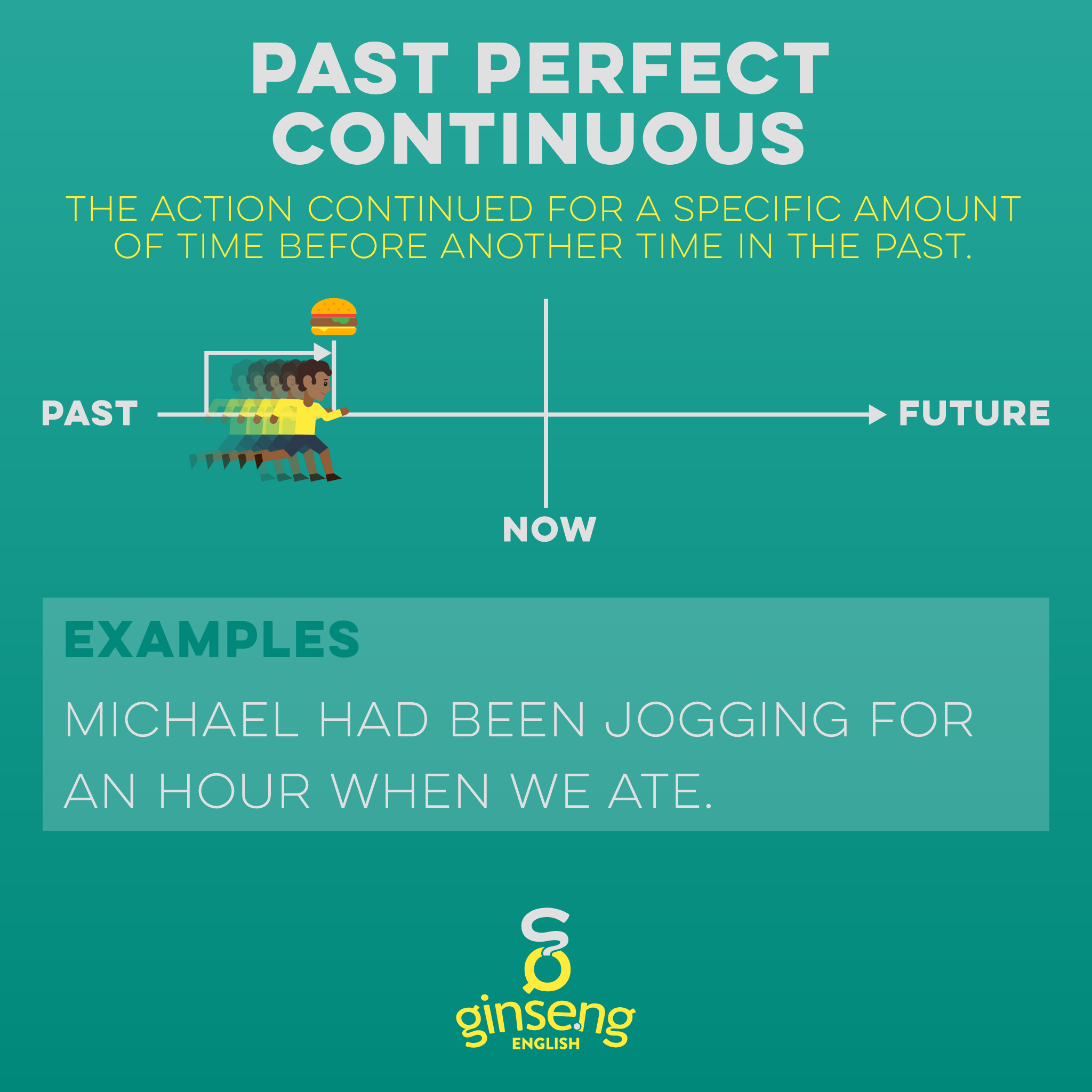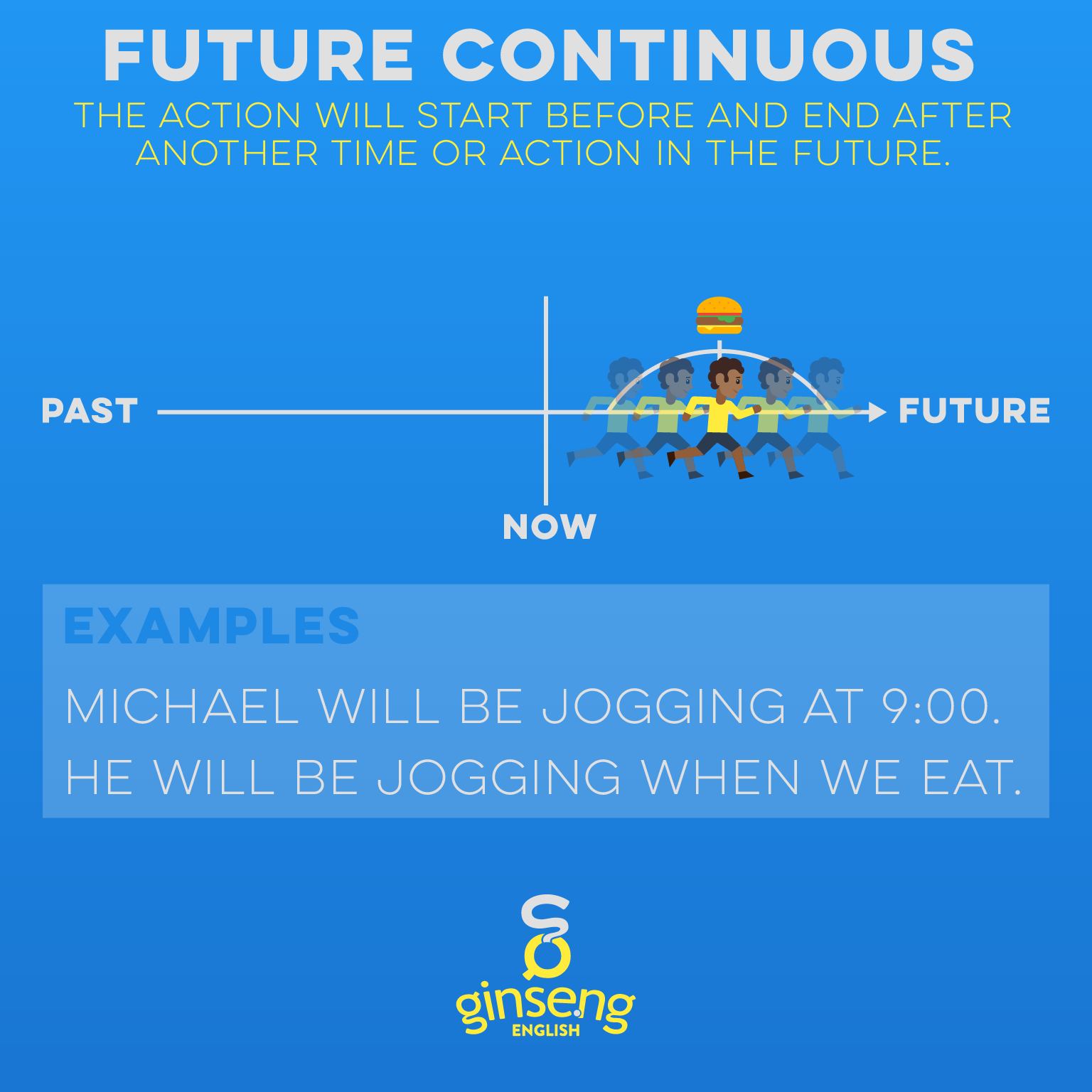The simple future is a very common and useful verb tense. It is the third most common verb form in English, after the simple present and simple past. Just under 10% of verbs in spoken English are in the simple future.
Using the Simple Future
Simple future verbs are used for actions that will happen at a specific time in the future, after the current moment. This includes plans, predictions, promises, willingness, and decisions.
There are two forms of the simple future tense: the first is formed using will and the second is formed using going to. The meaning of the two forms is generally the same, but it is more typical to use will in some situations and going to in other situations.
Chart for Simple Future Tense in English
The examples below illustrate the rules for how we usually use the simple future tense.
Examples
Examples of Simple Future with Will
Here are lots of example sentences showing different ways that we can use the simple future tense tense.
To make predictions and promises:
I will give you a ride to the station.
My staff will help you with that.
I'll answer the phone.
The news says it will rain tomorrow.
I think Real Madrid will win.
When we have just now made a decision to do something:
[the doorbell rings]
I’ll get it!
A: We’re going to the mall.
B: Oh! I’ll come, too!
In these situations above, the speaker makes a decision and announces it immediately.
Examples of Simple Future with Going To
To talk about plans:
I'm going to exercise this evening.
We're going to visit my sister.
For things we can see are just about to happen:
Nancy: The wind is going to blow those papers away
Tonya: Ah, I’ll take them inside.
Esperanza: What are you going to do this weekend?
Mathilda: I’m going to go hiking in Maine. What about you?
Esperanza: I’m just going to stay home.
Forming the Simple FUTURE
Formula with Will
The simple future with will is the same with any subject. Just use the helping verb will, followed by the base form of the main verb.
subject + will + VERB
Conjugation
The table below shows the complete conjugation of the verb work in the simple future with will.
| Singular | Plural | |||
|---|---|---|---|---|
| 1st person | I | will work. | we | will work. |
| 2nd person | you | will work. | you | will work. |
| 3rd person | he | will work. | they | will work. |
| she | will work. | |||
| it | will work. | |||
Formula with Going to
The simple future with going to is just a little more complicated. Conjugate the helping verb be based on the subject. After that, just use going to and the base form of the verb.
subject + am/is/are + going to + VERB
Conjugation
This table shows the complete conjugation of work with going to.
| Singular | Plural | |||
|---|---|---|---|---|
| 1st person | I | am going to work. | we | are going to work. |
| 2nd person | you | are going to work. | you | are going to work. |
| 3rd person | he | is going to work. | they | are going to work. |
| she | is going to work. | |||
| it | is going to work. | |||
Other Forms of the Simple Future
Negative Sentences
To make a negative sentence in the simple future, you do not need to add do, because will works as a helping verb. Add not after will or the be verb.
I will not help you
I am not going to drink tonight.
Questions
If you are forming a question in the simple future tense with will, put will before the subject of the sentence.
Will you help me?
When will the rain stop?
How will she pay all those bills?
To form a question in the simple future with going to, put the conjugated form of be before the subject.
Are you going to go out tonight?
Who is she going to work with?
What are we going to do?
Passive Voice
To form a passive sentence in the simple future, put the verb to be in the simple future (will be or is/are going to be) and then put the main verb in the perfect participle form:
A new parking garage will be built at this intersection.
Joan is going to be promoted!
You can find more explanation and examples in our guide to the English passive voice.
Notes
Generally, when we use the simple future tense, it is important that the speaker and listener know the specific time. For example, just saying I am going to the movies is unusual.
Many experts will say that English does not technically have a future tense. When they say this, they mean that we don't inflect verbs to talk about the future like many other languages do. Instead, we talk about the future using modal verbs (will/going to). For students learning English, it is easier to just think of the future as a tense.





